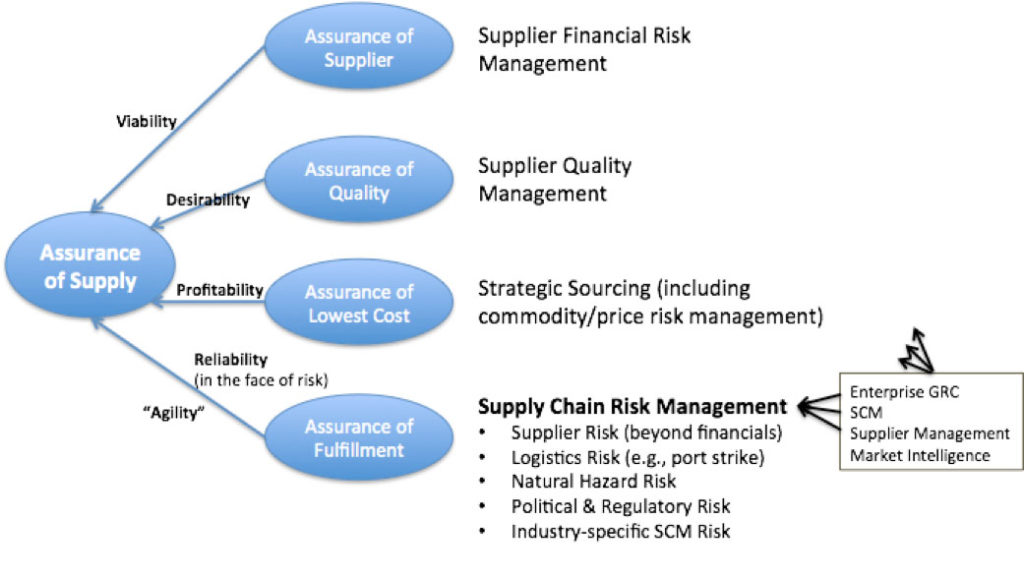
- Twitter’s VP of Europe: The glorious open-plan office dream is dead
One 2014 study found we’re 15% less productive in open-plan workspaces, we have more trouble concentrating and we’re twice as likely to get sick with no walls to stop the spread of coughs and illness.
“We perceived offices as having hierarchy, the boss had a better office, but in fact the truth is that offices, cubicles and little spaces were far better for our productivity and for getting your job done,” Twitter’s vice president of Europe, Bruce Daisley, told The Memo.
Open Offices exist due to cost:
“There are two reasons why offices are open plan, one is that we ripped down the walls of hierarchy, but two is because it’s a lot cheaper. We can fit lots more people in open plan,” says Daisley.
And, sadly, that’s the reason why open-plan is here to stay.
- Comcast tries to shut down pro-net neutrality site
Internet advocacy group, Fight for the Future, says Comcast sent it a cease-and-desist order demanding the group take down Comcastroturf.com on the grounds that it violates the company’s “valuable intellectual property.” The site appeals for help identifying what it claims are fraudulent comments posted on the FCC’s own site, supporting FCC chairman Ajit Pai’s plans to rollback net neutrality rules. Many comments have already been flagged as spam, or posted under people’s names without their permission. (It’s not the first time something like this has happened.)
https://www.engadget.com/2017/05/24/comcast-tries-to-shut-down-pro-net-neutrality-site/
- Why Controlling the Masses Through Media No Longer Works
- IBM’s Remote Work Reversal Is A Losing Battle Against The New Normal
In a study published in Harvard Business Review in 2014, remote workers proved both more productive and more loyal than their peers onsite. In fact, IBM’s recent policy switch goes against its own research. In both a 2014 white paper by IBM’s Smarter Workplace Institute and in a conference panel the company hosted just weeks ago, its own experts suggested that remote workers tend to be happier, less stressed, more productive, more engaged with their jobs and teams, and believe that their companies are more innovative as a result of flexible work arrangements.
At a time when smaller cities and rural areas are struggling, it’s backward-looking for a major corporation–especially one with such deep experience in remote work–to implement a policy that could take jobs away from regions that need them most. By demanding its employees flock to IBM’s urban headquarters, the company isn’t just sapping everyplace else of highly skilled talent, it’s also contributing to depopulating the communities where those remote workers live, and depressing local economies as a result.
- Hedge funds vs. Silicon Valley
“At tech companies, the permeating value is that they’re about trying to make the world a better place, whereas at hedge funds it’s about making more money,” Mr. Epstein said.
Nina Kuklisova, a quantitative associate at a large financial-services firm in New York, said she gets between three and five inquiries a week from recruiters about job opportunities at other finance firms and technology companies. The 27-year-old, while not actively looking for a job, said she is open to switching to the tech sector. However, negative feedback from friends employed in tech gives her pause.
https://www.wsj.com/articles/battle-royale-hedge-funds-vs-silicon-valley-1495637466
Photo: Khachik Simonian






